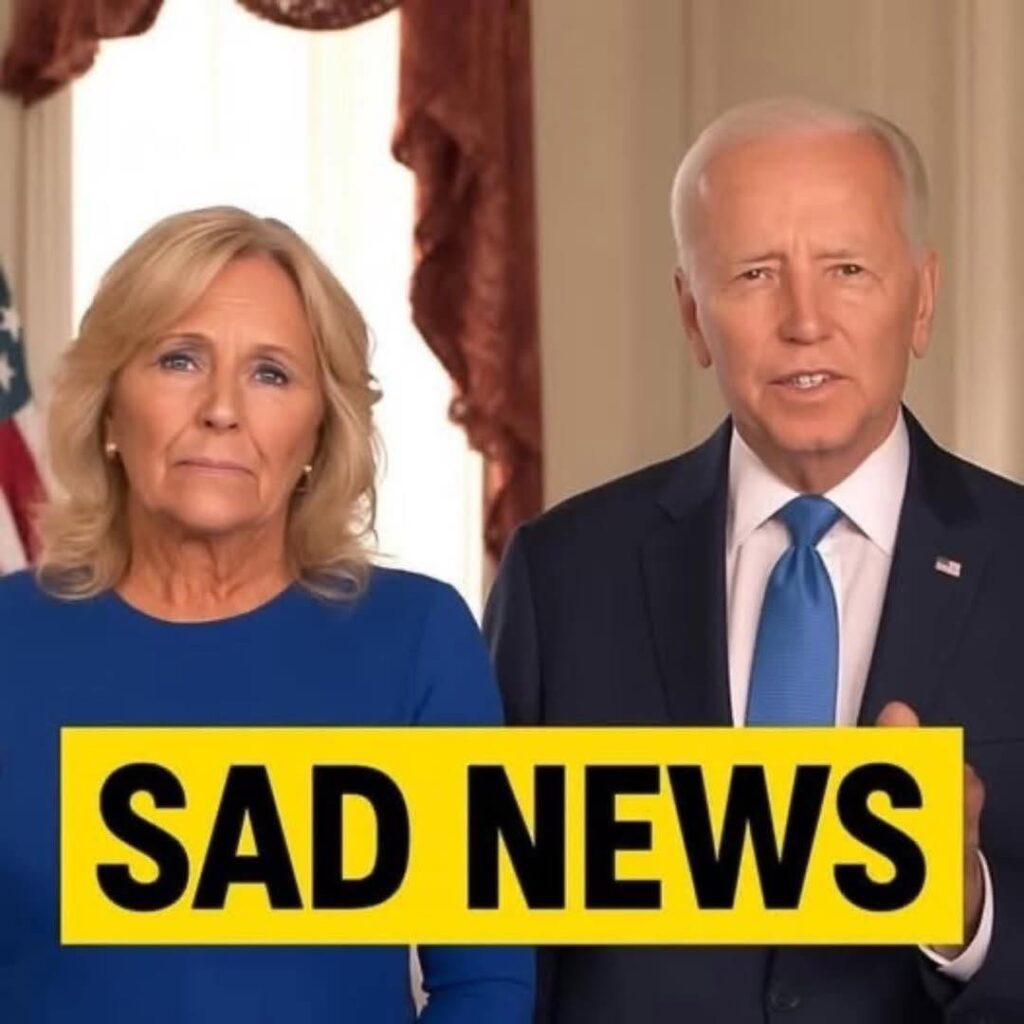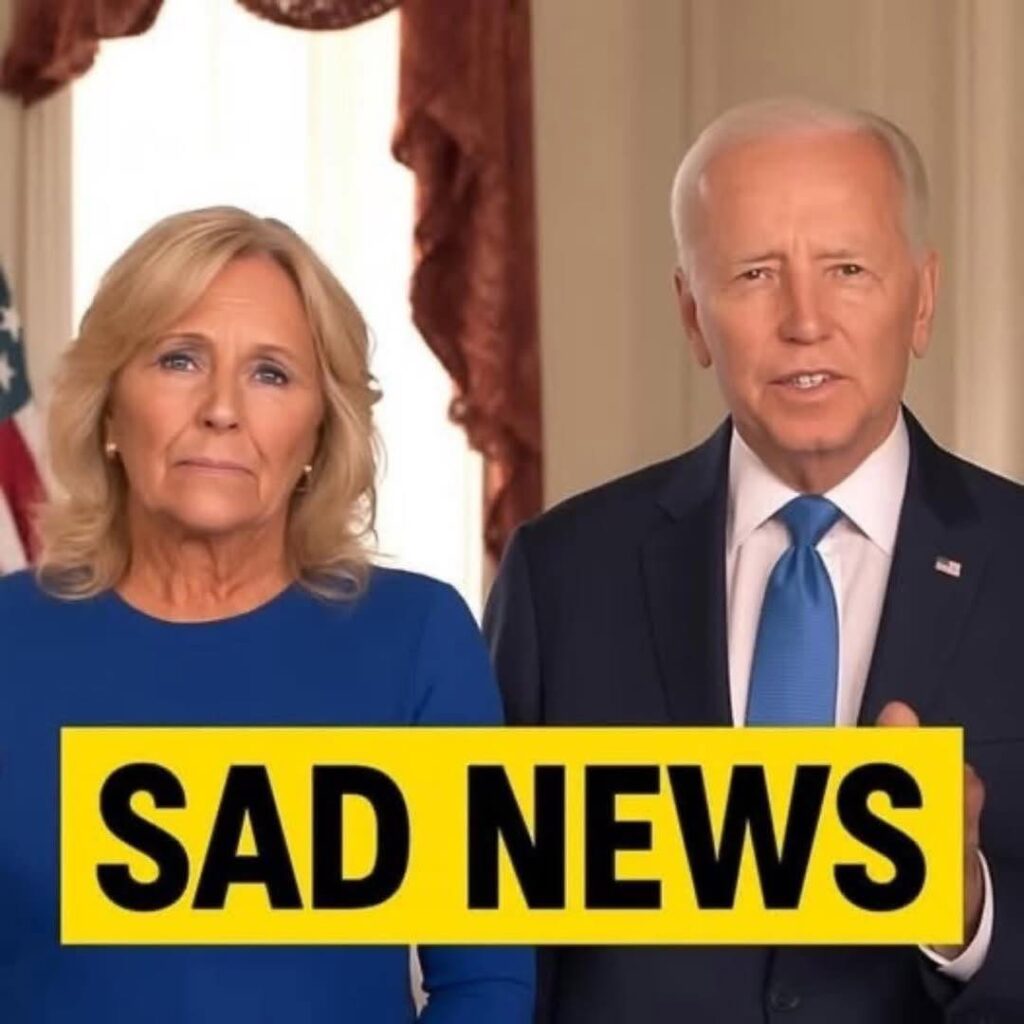On Wednesday night, President Joe Biden sat behind the historic Resolute Desk in the Oval Office and spoke directly to the American people in one of the most consequential addresses of his political career. It was a rare and somber appearance, the weight of the moment heavy in his voice as he confirmed what many had speculated for weeks: he would no longer seek reelection in the 2024 presidential race.
The decision, though framed with dignity and resolve, marked the end of an era and set in motion a new and uncertain chapter in American politics.

The president, with the flags of the nation flanking him and the symbolism of the Oval Office underscoring the gravity of the occasion, began by acknowledging the turbulence of recent months. His tone was steady, but there was no mistaking the emotion behind his words.
He admitted that the choice to step aside was not made lightly, nor without struggle. Biden reminded the nation that he had spent decades in public service, climbing the rungs of government from a young senator to vice president, and finally to commander-in-chief. “Serving as your president,” he said, “has been the greatest honor of my life. But every leader must know when it is time to hand the torch to the next generation.”
He spoke of his vision for the next six months, making it clear that although his name would no longer be on the ballot, his duties to the American people were far from over. He vowed to use his remaining time in office to push forward key initiatives—protecting democracy at home, supporting allies abroad, addressing the economic pressures facing families, and defending the rights and freedoms he said defined the nation’s spirit.
Biden stressed that stepping aside from the campaign did not mean retreating from responsibility. Instead, he portrayed it as an act of service, a choice to put the country before personal ambition.
At times, his words carried a dramatic edge, reflecting both the burden of the office and the finality of his announcement. He recalled the battles of the past four years: guiding the nation through a pandemic, overseeing an economic recovery, navigating foreign crises, and confronting deep divisions within the country.
Each challenge, he said, had tested not only his presidency but the resilience of the American people themselves. With visible conviction, he praised the citizens he served: “The strength of this nation has never rested in one president, one party, or one election. It rests in the people who refuse to give up on the promise of America.”
Yet beneath the resolve, there was an unmistakable sense of farewell. His acknowledgment that “time and circumstance” had played their part in shaping this decision carried echoes of history, of leaders who recognized the inevitability of change. It was as though Biden was both reassuring the public and preparing them for the storm of political realignments that his withdrawal would unleash. The coming election, once expected to be a rematch defined by his candidacy, now stood wide open, a battlefield reshaped in an instant.
The president concluded with words designed to comfort and inspire, urging Americans not to see this as a moment of loss, but as an opportunity to renew faith in democracy. “The fight for the soul of this nation,” he declared, “is not the work of one man or one term—it is the work of generations. I have carried that fight as far as I could, and now I pass it on.”
As the cameras faded and the nation absorbed the magnitude of his announcement, the drama of the moment lingered. Joe Biden had defined his career by perseverance, resilience, and the conviction that America could always rise again after hardship.
Now, by stepping away from the campaign trail, he had added one final, unexpected chapter to his legacy—an act of departure that may shape not only the outcome of an election, but the very future of the country he had devoted his life to serving.


